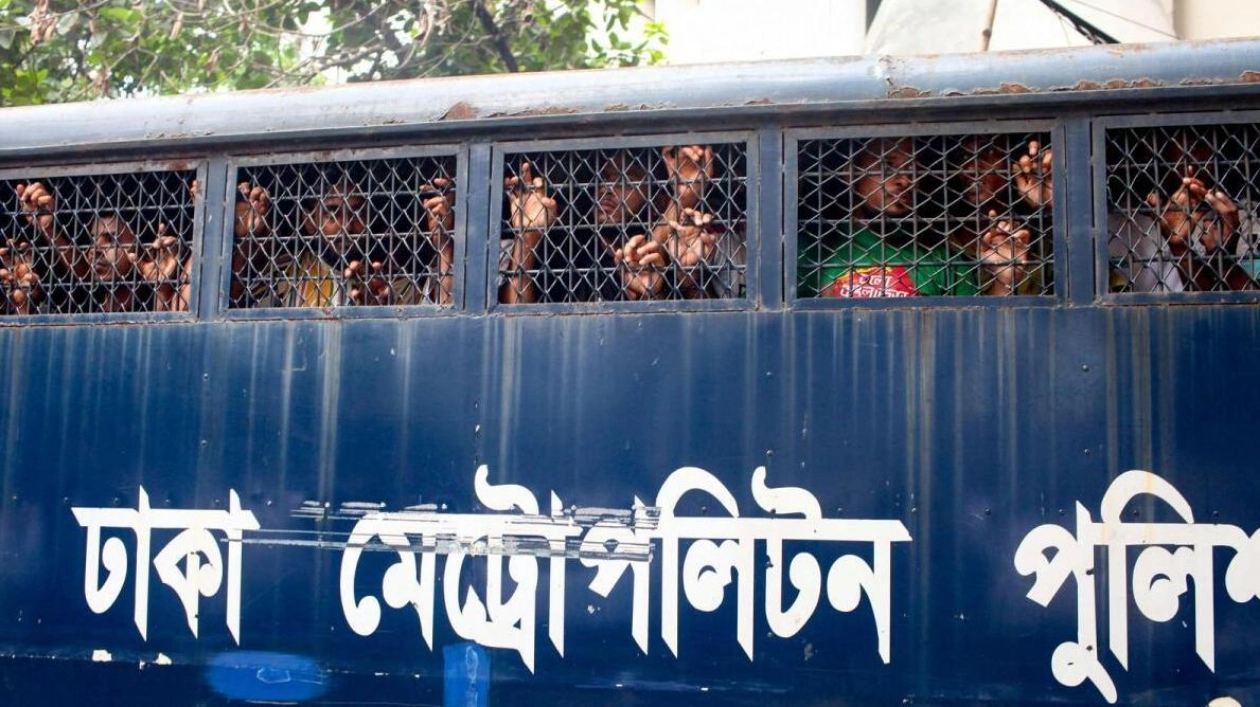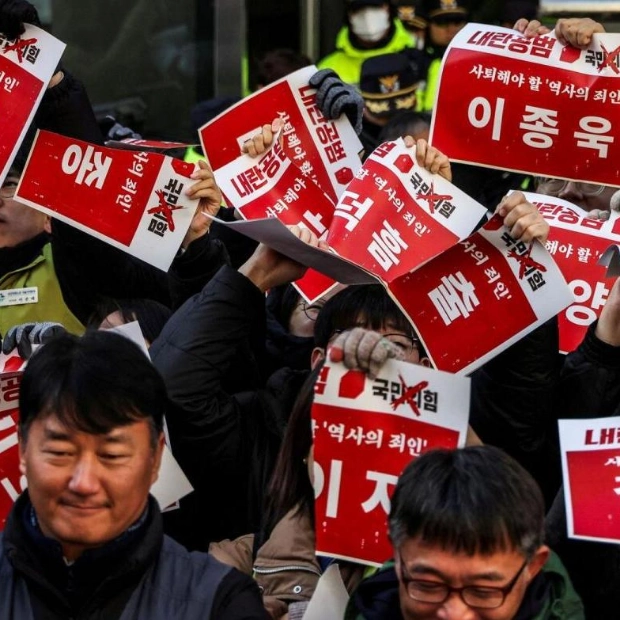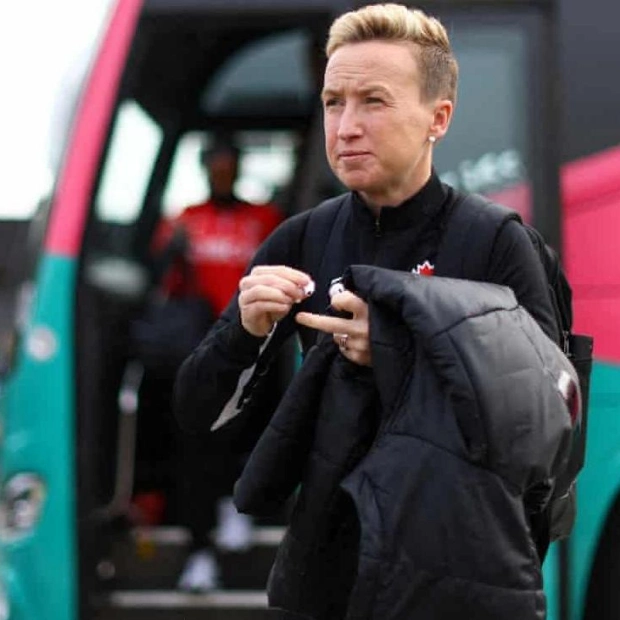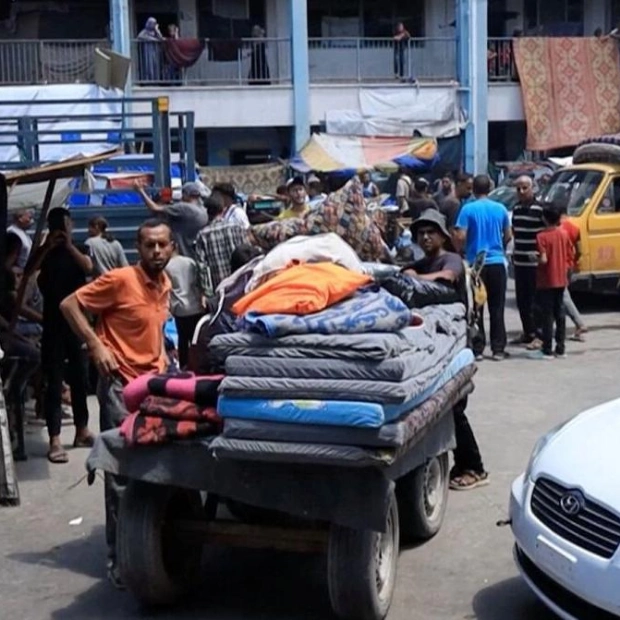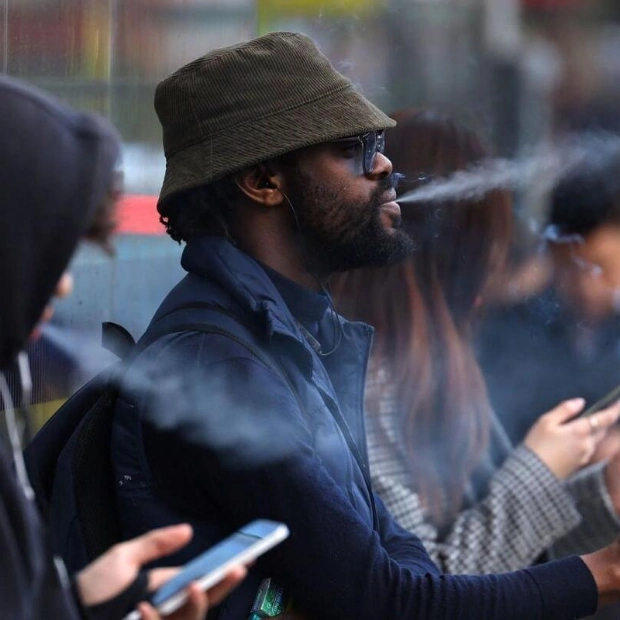Bangladesh is anticipated to officially acknowledge a court decision on Tuesday to reduce the majority of government job quotas, fulfilling a crucial demand of students whose demonstrations have triggered one of the most lethal bouts of violence in recent years.
For the second consecutive day, there were no new disturbances in Dhaka and most major cities, but the army chief stated that security had not yet been fully reinstated after he surveyed the capital city via helicopter. The government suspended mobile internet services, enforced a curfew, and deployed the army from Saturday midnight to control clashes between protesters and security forces that spread across the nation of 170 million over the past week.
Nearly 150 individuals have been killed in the protests, with over 1,600 arrested in the South Asian nation's two main cities of Dhaka and Chittagong since the violence began. The protests subsided after the Supreme Court ruled in favor of the government's appeal on Sunday, directing that 93 percent of jobs should be merit-based.
Prime Minister Sheikh Hasina's government abolished the quotas in 2018, which at the time blocked 56 percent of state jobs, but a high court ruling reinstated them last month, igniting student protests. Students were enraged as quotas left less than half of state jobs open to merit during an unemployment crisis, particularly in the private sector, making government sector jobs with their regular wage increases and benefits highly sought after.
The turmoil has presented a fresh challenge for Hasina, who secured a fourth consecutive term in power in January in an election largely boycotted by the main opposition. Her government has endeavored to stabilize the faltering economy after securing a $4.7 billion International Monetary Fund bailout last year.
Protesters on Sunday presented the government with 48 hours to meet eight new demands, such as a public apology from Hasina and the reopening of university campuses closed when the violence started, but did not specify what would occur if the deadline was not met. Hasina informed business leaders in Dhaka on Monday that her political adversaries were to blame for the violence, and that the curfew would be lifted "whenever the situation improves".
The main opposition Bangladesh Nationalist Party (BNP) denied involvement in the violence. BNP Secretary-General Mirza Fakhrul Islam Alamgir told Reuters that many party leaders had been arrested over the last few days, a claim the police did not immediately confirm. "The main issue now is that there is no democracy in this country." Critics have previously accused Hasina of authoritarianism, human rights abuses, and crackdowns on free speech and dissent — allegations her government refutes.
Zunaid Ahmed Palak, a junior technology minister, informed reporters that repairs were being conducted to restore telecom services after some communication infrastructure was vandalized during the violence. Officials stated that the curfew would be eased for four hours on Tuesday afternoon, up from three on Monday, to permit people to purchase essentials. Some individuals who ventured out in Dhaka on Tuesday reported that food and other essential prices had skyrocketed. Mohammad Sabuj, a rickshaw puller, noted that vegetable prices had increased by over 50 percent. "We'll have to starve if this continues." High inflation sparked protests prior to January's national election.
